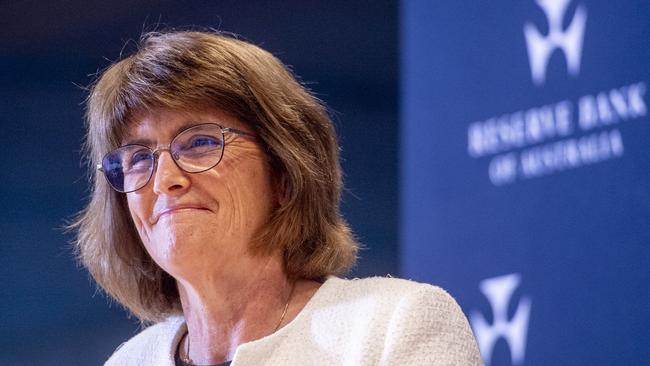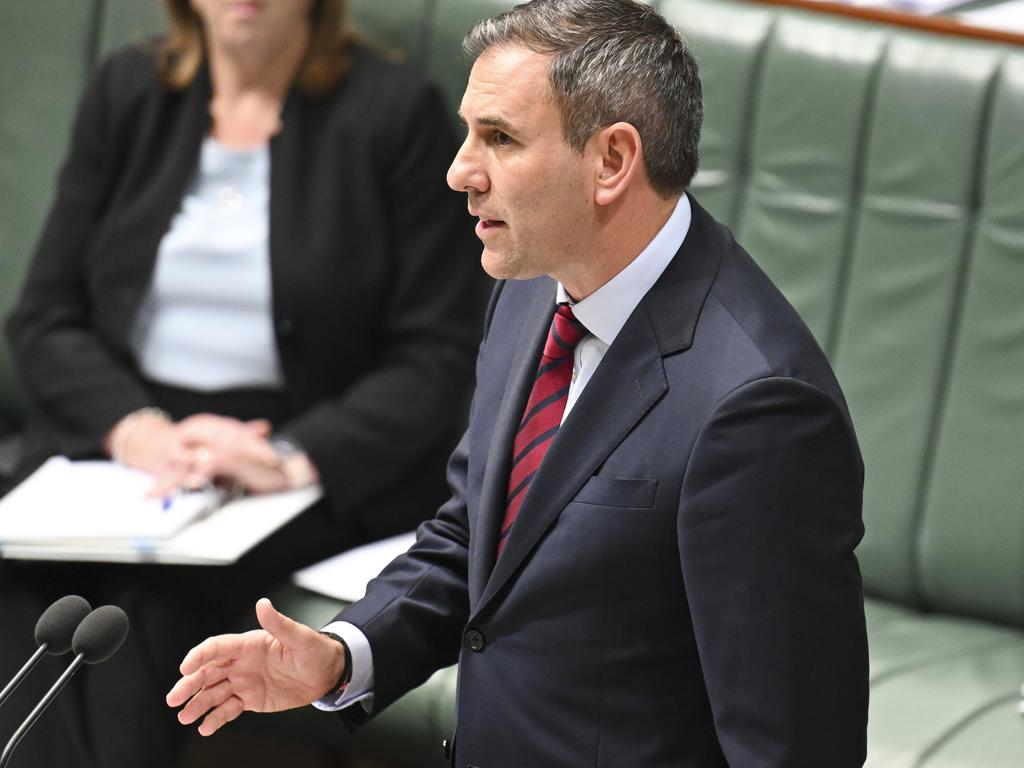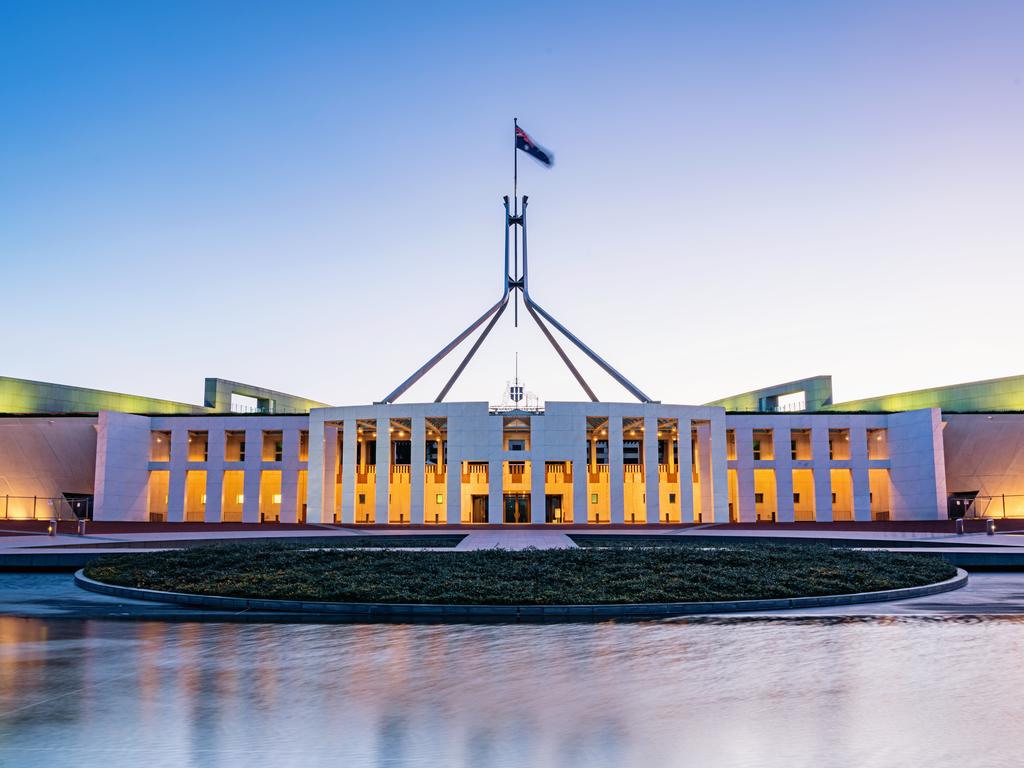
The opposition led the attack, concentrating all its fire on the damaged Prime Minister. But its campaign was quickly mothballed.
Ever since, the flight upgrades matter has disappeared from public view. I suspect a truce was called between Albanese and Peter Dutton, with the latter recognising that many members of his team were equally as culpable as the Prime Minister. Sadly, Albanese’s grasping behaviour is standard operating procedure for our political class. Exhibit A of the Canberra swamp.
To paraphrase Max Weber, too many of our politicians and senior bureaucrats want to live off, rather than live for, their public service. Not only do they want the extraordinary privilege of serving the Australian people and the power that comes with it, they insist on richly rewarding themselves into the bargain.
They all want their clifftop villa to retire to. The life of a politician is a demanding one, but a commitment of service to others must by definition involve sacrifices. Ask any member of our defence forces.
Acceptance of gifts on an industrial scale is not the worst of it. Look at the exorbitant salaries our politicians and top mandarins pay themselves.
Anthony Albanese is paid over $580,000 a year, which while just under what the US president earns, is well in excess of the British prime minister’s $338,680, Canada’s $414,050 and New Zealand’s $438,250 (based on November exchange rates).
It’s worth noting that during his first presidency, Donald Trump kept only $US1 of his salary, donating the rest of it to federal agencies. Our members of parliament receive a base salary of $225,750, which easily outstrips what politicians in the UK ($179,710) and New Zealand ($156,940) get.
Bear in mind that the average salary earned by the people who elect our politicians is $90,000. If our politicians are handsomely paid, our most senior mandarins pocket a small fortune each year.
Reserve Bank governor Michele Bullock is paid whopping $1.081m, more than three times what the chair of the US Federal Reserve receives ($288,690) and more than twice her Canadian counterpart’s salary.
Our largely invisible departmental secretaries also pocket near million-dollar salaries. Incredibly, over 100 public servants earn more than the cabinet ministers they serve (the latter get $389,000).
No one would argue that our leading politicians and mandarins should work for the minimum wage, but when their remuneration reaches such dizzying heights, something is clearly wrong.
Before the late 19th century, governments in the UK, the US and other Western countries were riddled with corruption, with politicians and their appointed officials taking advantage of their positions to line their pockets rather than serve the public. It was called the spoils system.
In the wake of these abuses, politics and public administration were eventually professionalised and subject to greater scrutiny.
While old-style public sector venality is largely a thing of the past – although not entirely – a more insidious rent-seeking racket has taken its place. It’s run by the Remuneration Tribunal. This little-known body was established by the Whitlam government in 1974. Previously, parliament had determined how much its members and senior bureaucrats would be paid (and receive in allowances), as required by our Constitution.

This arrangement made politicians accountable for the money and privileges they voted for themselves, helping to keep abuses in check.
By setting up this tribunal, Gough Whitlam could deflect public outrage over exorbitant public sector pay rises by pointing to the “expert” determinations of this arm’s length quango.
Bob Hawke sidelined this body in 1990, restoring parliament’s role in setting politicians’ pay, but his successors were happy to reverse this call. Since July 2022, the Remuneration Tribunal has lifted the already-inflated pay of politicians and top public servants by a cumulative 10.25 per cent. There is no cost-of-living crisis for them.
Unlike the Fair Work Commission, which determines the minimum wage, the Remuneration Tribunal does not hold public hearings, it does not publish submissions it receives, and it provides only the briefest and vaguest justification for its decisions – all of seven lines at the end of its latest pay adjustment press release.
It makes no mention of community expectations as a consideration guiding its decisions.
Do we ever hear a critical word about this shadowy and powerful body from our politicians? Not on your life.
Do we ever hear politicians criticising the exorbitant salaries of top mandarins? Of course not, because the Remuneration Tribunal – in the worst “Yes Minister” tradition – uses the latter as benchmarks for the former’s pay.
I have a few suggestions for an incoming Coalition government looking to make a start in draining the Canberra swamp.
Disband the Remuneration Tribunal, restoring parliament’s traditional role in setting pay and conditions; and seek the public’s support for an entirely new, and far more modest, pay scale for them and their mandarins.

In my view, the prime minister, who as we know does not pay for their accommodation, power, food or transport, should be paid no more than $300,000.
Cabinet ministers’ pay should be capped at $250,000, and backbenchers’ at $200,000. These can be indexed for inflation. And no bureaucrat should earn more than the minister they work for. Ever.
Politicians’ generous and poorly policed allowances should be severely cut and the acceptance of gifts above a minimal value should be prohibited.
Will these changes result in a mass exodus of politicians and mandarins from their privileged positions? I do not think so for a minute. If anyone quit for this reason, it would be proof that they should never have sought high office in the first place.
The Australian public have a famously dim view of politicians, and with good reason.
To borrow from George Orwell’s Animal Farm, if the pigs are ever to regain the trust of their fellow creatures, they should move out of Mr Jones’s luxurious house and once again live as frugally (or at least almost as frugally) as those they want to rule.
David Pearl is a former Treasury assistant secretary.







Only a short time ago, Anthony Albanese’s predilection for expensive flight upgrades from Qantas was the talk of the nation.